
By Our Reporter
Home Minister Ramesh Lekhak recently reiterated a point that many find hard to accept but is rooted in Nepal’s constitution: there is no room for dual citizenship. His comments came in response to demands from Gurkha descendants and some Non-Resident Nepalis (NRNs) who want the right to hold Nepali citizenship along with foreign passports.
At first glance, the demand seems reasonable. Many Gurkha families still feel a strong connection to Nepal, even after settling abroad, and NRNs often send money back home or invest in the country. However, the government’s refusal is both constitutional and practical. Granting dual citizenship would create confusion in legal, political, and economic matters. If a person is both Nepali and a foreign national, where does their loyalty lie when interests conflict? Who oversees their property ownership, taxes, or political rights? Without clear answers, dual citizenship risks becoming a loophole for elites to take advantage of.
This does not mean that Nepal should overlook the concerns of those living abroad who want to maintain ties to the country. Instead of dual citizenship, Nepal can improve alternative frameworks. One option is to expand the rights already offered through the Non-Resident Nepali (NRN) identity card. These cards could be upgraded to allow property ownership with clear limits, simplified visa processes, and better access for investment in Nepal. The government could also strengthen inheritance protections for the children of Gurkhas, ensuring their family connections remain intact.
For those wishing to regain Nepali citizenship, the law permits it, but only if they renounce their foreign nationality. This maintains a clear principle: one country, one citizenship. The debate is less about emotions and more about protecting Nepal’s sovereignty and legal clarity. Nepal needs to build stronger connections with its diaspora, but dual citizenship is not the solution, at least for now.







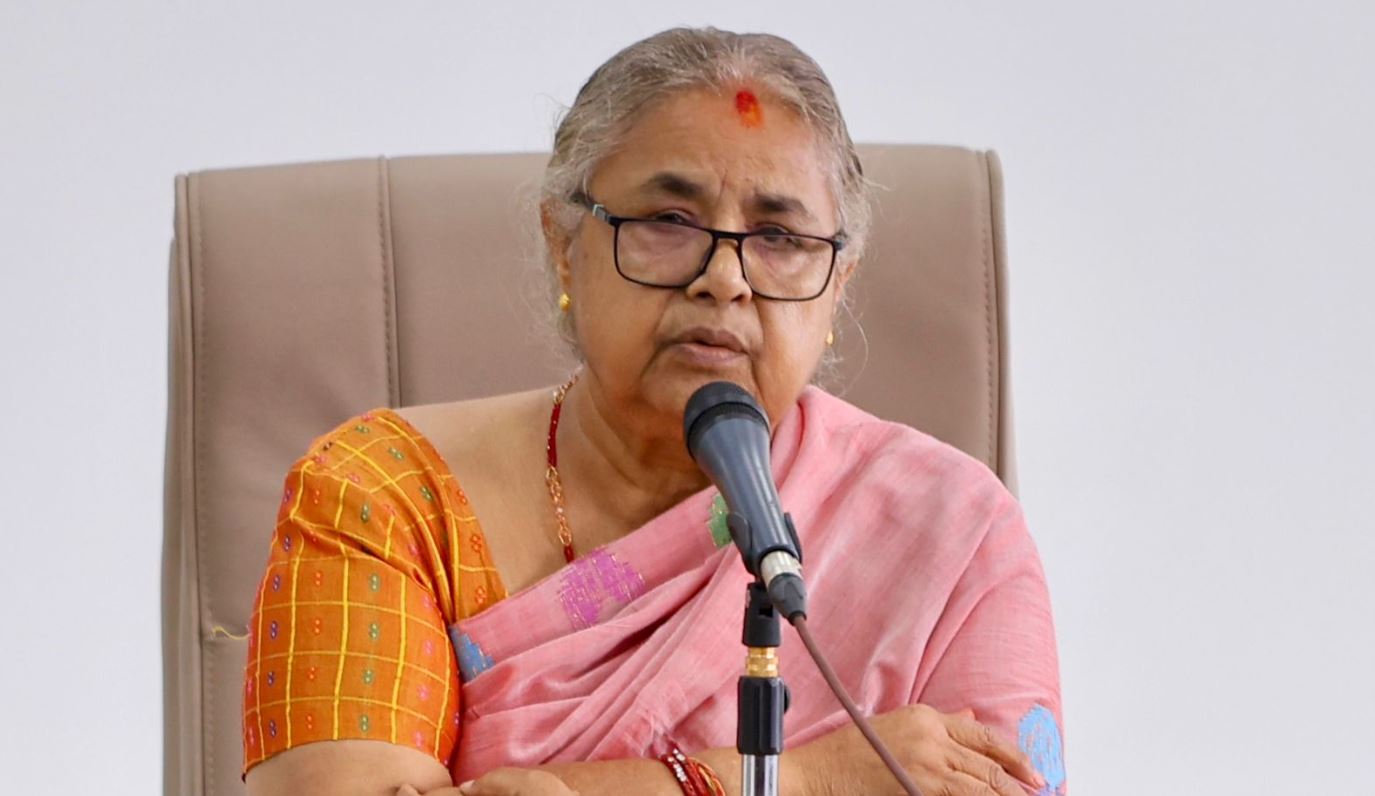
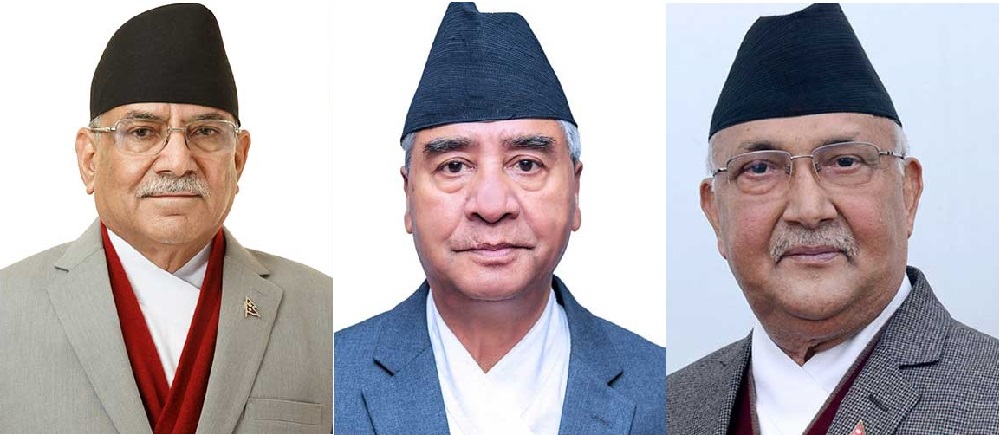
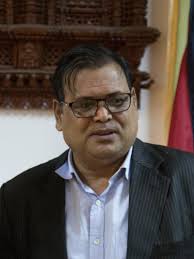

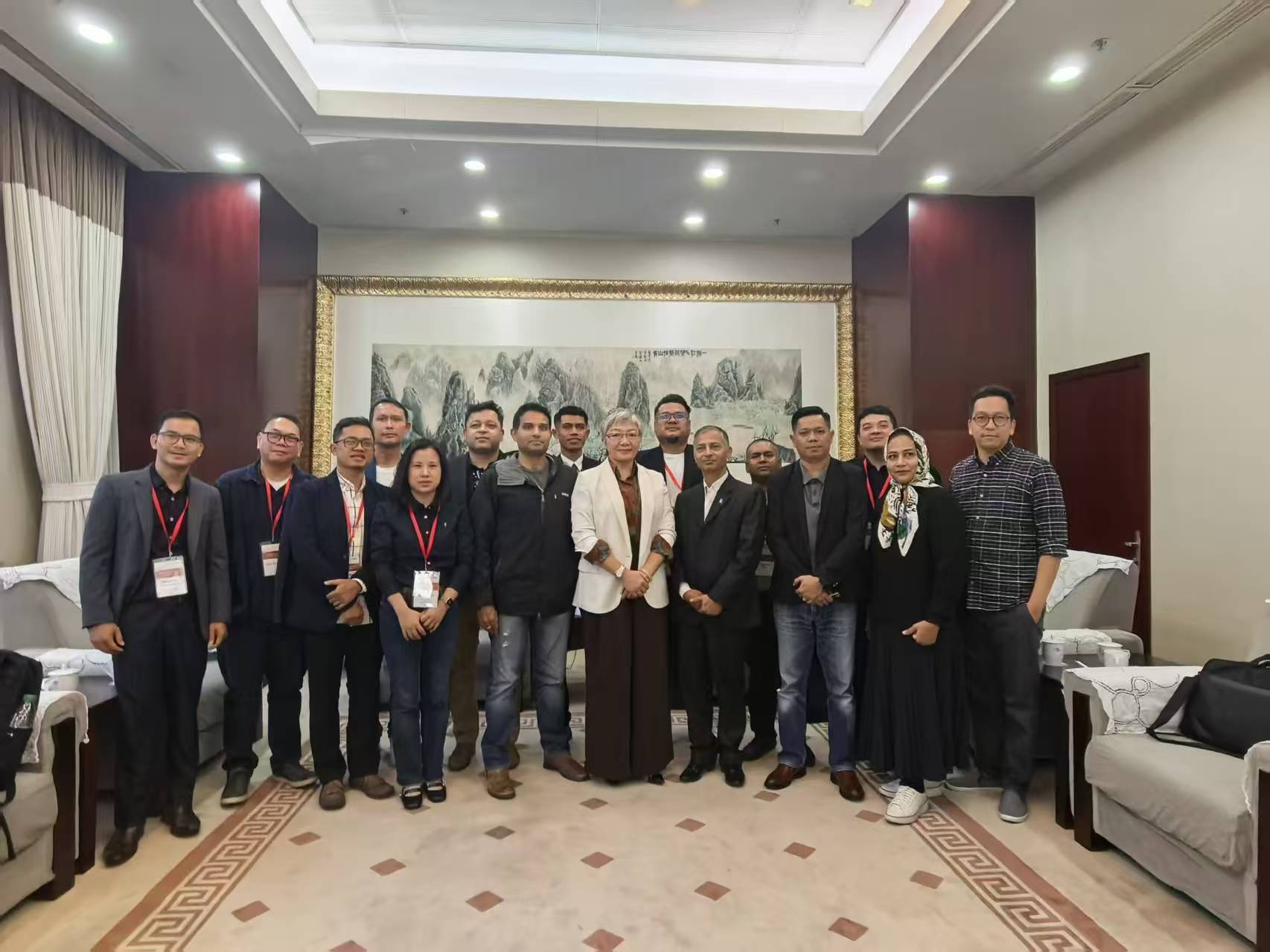



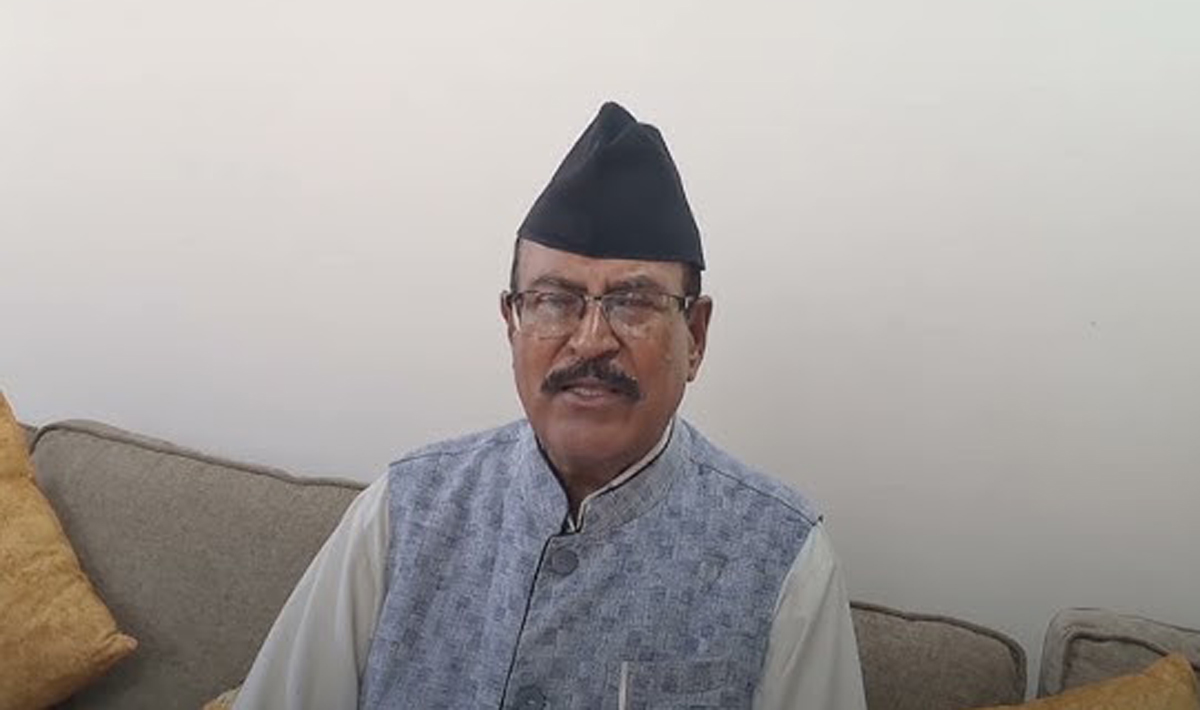
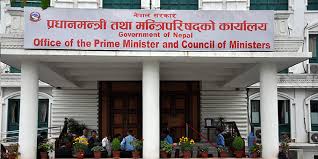
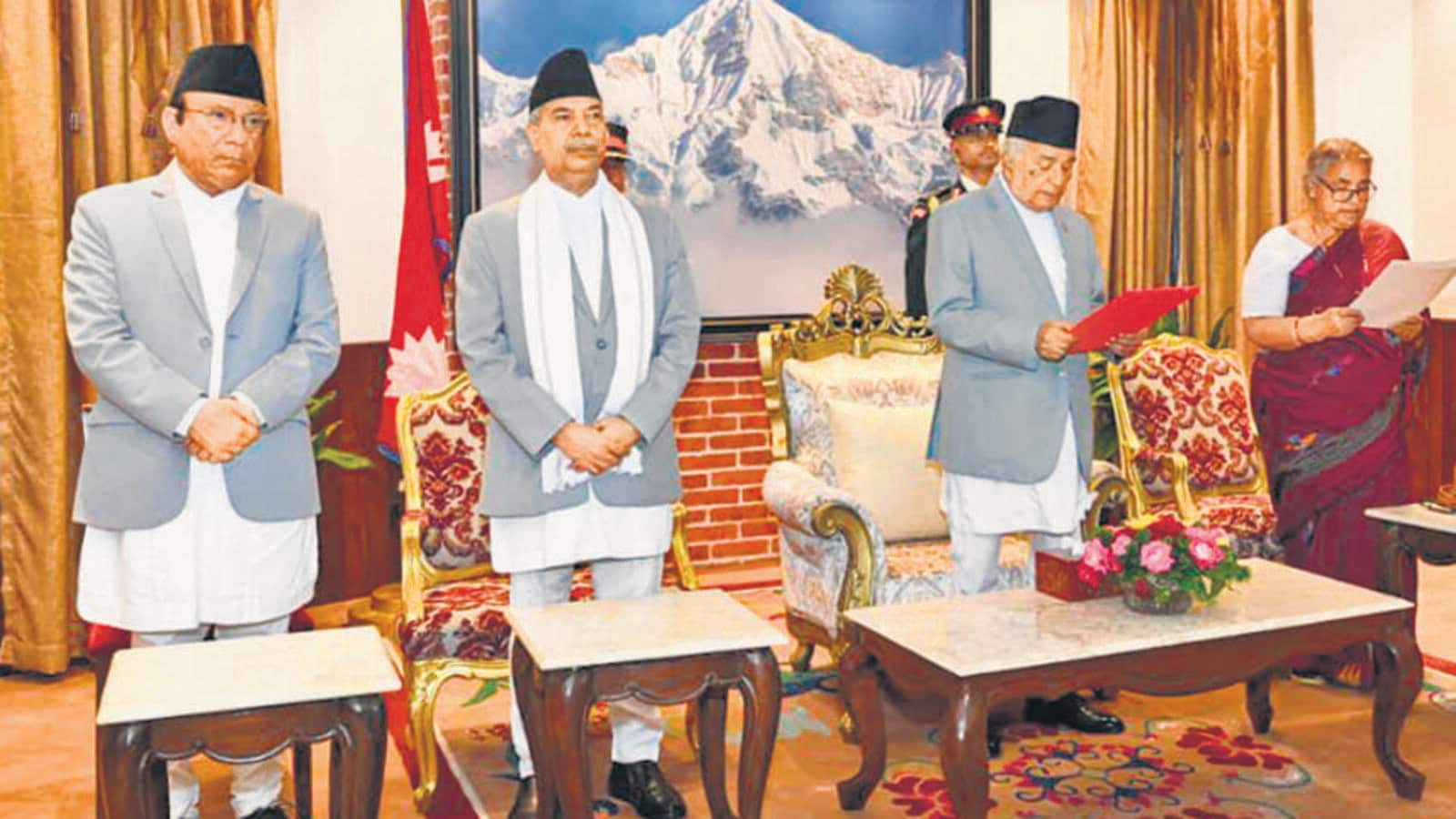
Comments:
Leave a Reply